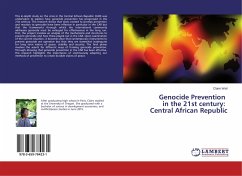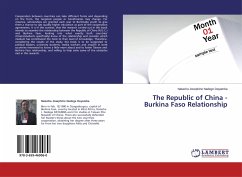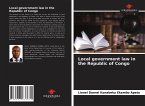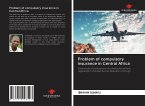This in-depth study on the crisis in the Central African Republic (CAR) was undertaken to explore how genocide prevention has progressed in the 21st century. This research shows that tools created to prompt prevention and reaction to genocide have been effective in particular in the CAR but that the frameworks through which the international community addresses genocide must be enlarged for effectiveness in the long run. First, the project involves an analysis of the mechanisms and structures to prevent genocide and how these played out in the CAR. Upon examination of the current situation, it becomes clear that contemporary instruments to prevent genocide are operative but that they are somewhat inadequate for long term visions of peace, stability and security. The final phase involves the search for different ways of framing genocide prevention. Through showing that genocide prevention in the CAR has been effective, this research highlights the importance of continuously adapting our methods of prevention to create durable visions of peace.








